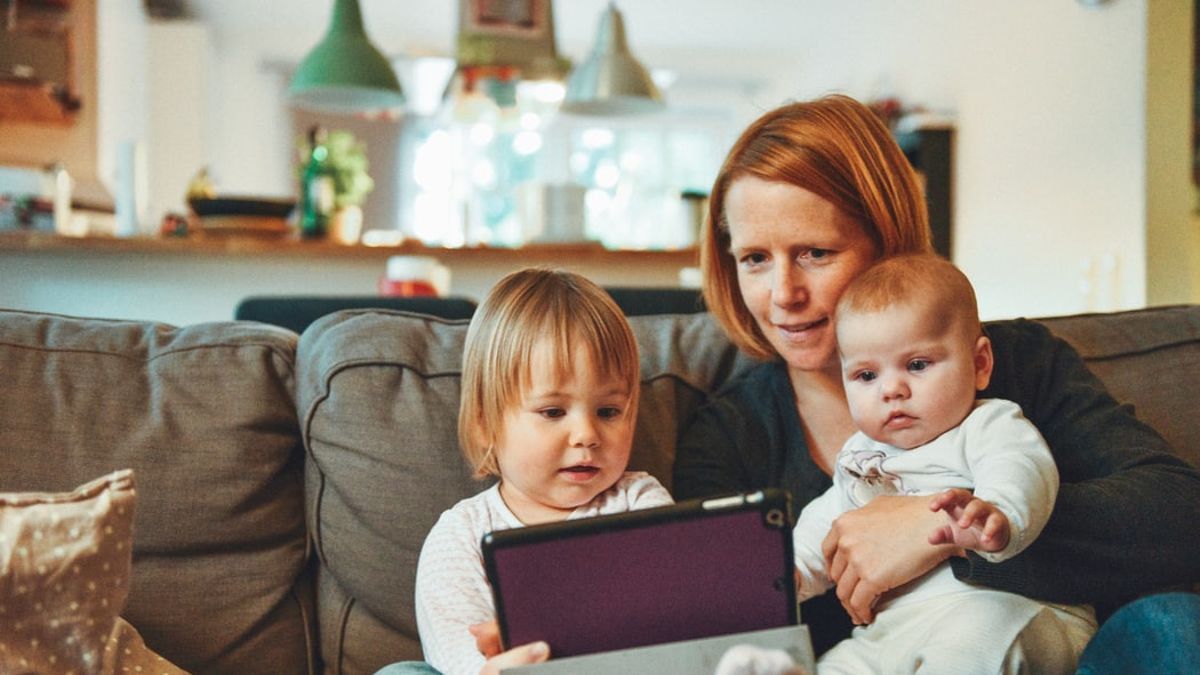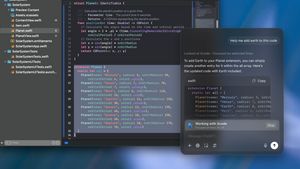JAKARTA - When playing social media, we, parents and even children often don't pay attention to safety issues. Sharing personal information online, of course, can lead to both cyber and real-world crime.
While social media networking platforms can be a useful source of knowledge and assistance for parents trying to balance their activities, it is important to remember that online threats also lurk here.
"It is important to be careful with information posted on social media accounts, because the biggest danger lies in what foreigners see and it could become an opening for cybercriminals," said Kaspersky Asia Pacific Managing Director Stephan Neumeier in his official statement, Monday, September 14. .
Everything a parent or child publishes online can backfire detrimentally, whether it's posts about random topics, personal photos, or details of their lives. Therefore, the following VOI provides tips on safely surfing social media safely from Kaspersky.
1. Don't post your home or school addressArmed with this information, muggers, pedophiles, bullies, and other malicious profiles can easily find you or your child. Children rarely publish their home addresses on social networking sites, but very often they are found mentioning the name of the school.
Apart from being on the main page, it is also important not to share this information in the comments or photos column that explicitly describes where your child goes to school.
2. Share the phone numberFor children, a telephone number is a direct contact that can be used by peers for help with bullying and even for adults there are many more.
Unfortunately, for cybercriminals, this particular information is one of the most valuable data they can get. For example, since 2016, cybercriminals have started collecting the phone numbers of social network users and using stolen information to re-register with online banking services and gain access to their victims' accounts.
3. Indicates your current geolocation (Check-in)Information that the family is away from home is a signal for thieves. It also makes it easier to track someone down. Also, saying things like "our favorite places" and geotagging them can be dangerous even when you are not there.
This shows the criminals that it's a location where you can find you easily.
4. Post personal photos and videos.Playing social media is incomplete if you don't post selfies with friends or family. It may even be quite a fun activity for teenagers but can cause problems if published on the Internet. Cybercriminals can use your photos and videos with a clear face to do fraudulent things using fake accounts.
5. Upload photos of luxury itemsThis will indicate the level of wealth or mark one's luxury to foreigners. Together with your home address and current geolocation will be a gold mine for thieves surfing the Internet for victims.
The English, Chinese, Japanese, Arabic, and French versions are automatically generated by the AI. So there may still be inaccuracies in translating, please always see Indonesian as our main language. (system supported by DigitalSiber.id)













